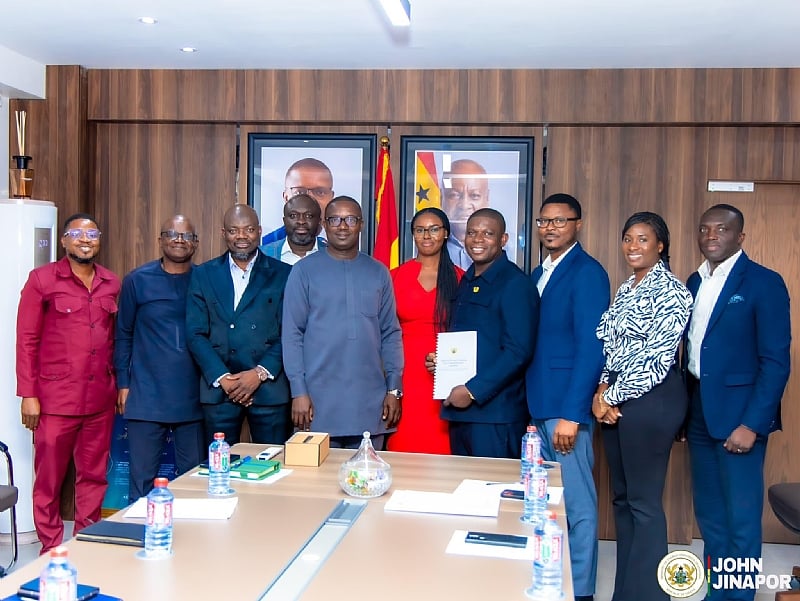Ghana’s pursuit of energy security and industrial growth has reached a significant milestone with the submission of the final report for the Second Gas Processing Plant (GPP II) to the Ministry of Energy and Green Transition. This comprehensive report, developed by the Implementation Committee, provides a detailed roadmap for the execution of the GPP II project and its associated infrastructure. The Committee, operating under the guidance of a Steering Committee co-chaired by the Ministers for Energy and Green Transition and Finance, conducted extensive consultations encompassing technical, financial, regulatory, and stakeholder perspectives. The report’s findings underscore the project’s potential to transform Ghana’s energy landscape, promising substantial economic benefits, job creation, and regional leadership in gas processing.
The GPP II project is poised to significantly bolster Ghana’s energy independence by reducing reliance on imported liquid fuels. The report estimates potential annual savings of up to $1 billion through this import substitution, a significant boon for the national economy. Beyond reducing import costs, the project is projected to generate substantial revenue through the recovery of Natural Gas Liquids (NGLs), valued at approximately $151 million annually. These NGLs represent valuable feedstock for various industries, further contributing to economic diversification and growth. Furthermore, the project’s construction and operational phases are anticipated to create over 2,500 direct and indirect jobs, providing employment opportunities and stimulating local economies.
The GPP II project transcends mere domestic benefits, offering the potential to establish Ghana as a regional hub for gas processing and energy exports. By leveraging its strategic location and enhanced processing capabilities, Ghana can capitalize on regional energy demands, fostering economic partnerships and solidifying its position as a key player in the West African energy market. This regional influence not only strengthens Ghana’s economic standing but also enhances its geopolitical significance, contributing to regional stability and cooperation.
The Minister for Energy and Green Transition, Mr. John Abdulai Jinapor, expressed his appreciation for the Committee’s diligent work and emphasized the government’s commitment to expediting the project’s implementation. He recognized the report as a testament to Ghana’s unwavering dedication to advancing its gas sector and achieving energy independence. The GPP II project aligns seamlessly with the nation’s broader development goals, contributing to job creation, industrial expansion, and sustainable economic growth. The Minister’s remarks underscored the government’s resolve to harness Ghana’s abundant gas resources for the long-term benefit of its citizens.
The successful completion of the final report marks a critical juncture in the GPP II project’s journey. The meticulous planning and comprehensive consultations undertaken by the Implementation Committee have laid a solid foundation for the project’s execution. The report’s detailed roadmap, incorporating technical, financial, regulatory, and stakeholder considerations, provides a clear pathway for navigating the complexities of project development and ensuring its successful implementation. This thorough preparation sets the stage for efficient and effective project execution, maximizing the potential benefits for Ghana’s economy and its people.
The GPP II project represents a pivotal investment in Ghana’s energy future, promising a transformative impact on the nation’s energy landscape and economic trajectory. By reducing reliance on expensive imported fuels, generating valuable revenue streams from NGLs, and creating numerous job opportunities, the project offers a multi-faceted approach to economic development. Furthermore, the project’s potential to position Ghana as a regional energy hub opens up exciting prospects for regional cooperation and economic integration. The GPP II project stands as a beacon of progress, illuminating Ghana’s path towards energy security, industrial growth, and sustainable prosperity.


